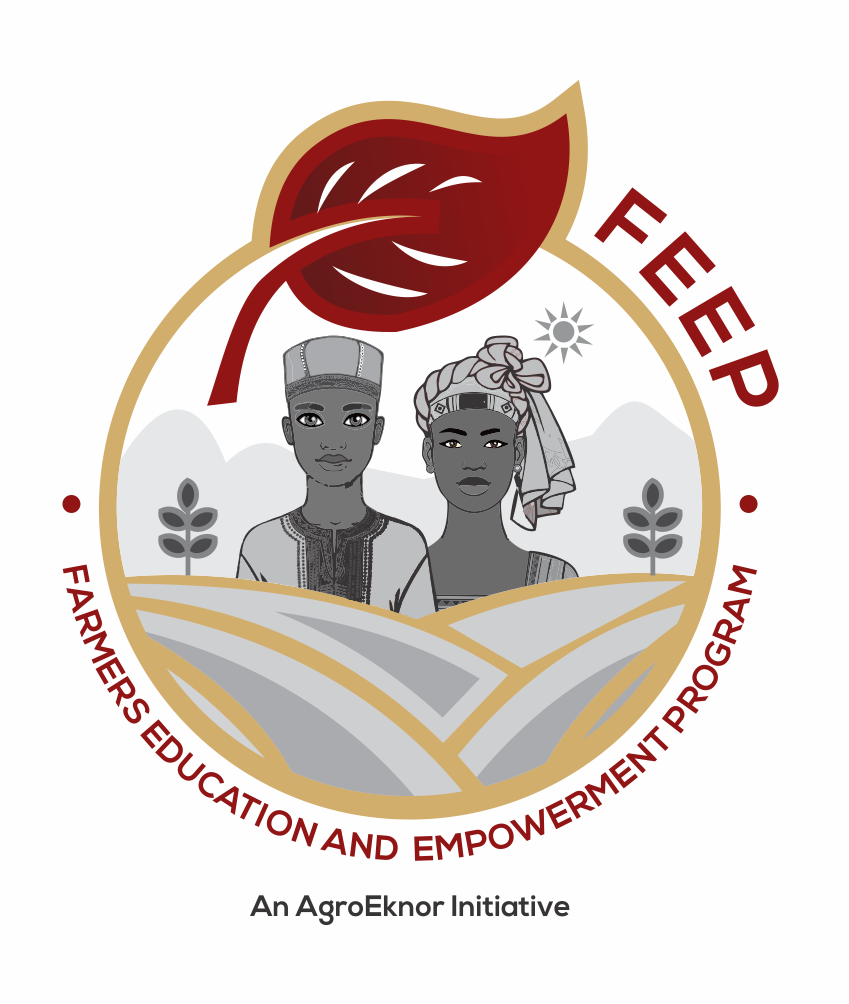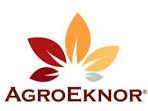
Globally, women represent 43 percent of the 1.5 billion-strong agricultural labour force, producing over half of all the food that is grown world-wide. Yet because women use fewer productive inputs (due to gender-specific social norms), their yields continue to be 20-30 percent lower than that of men. Most farmers in Nigeria operate at the subsistence, smallholder level in an extensive agricultural system; hence in their hands lies the country’s food security and agricultural development.
Particularly striking, however, is the fact that rural women, more than their male counterparts, take the lead in agricultural activities, making up to 60-80 percent of labour force; unfortunately, research points to the fact that they have either no or minimal part in the decision-making process regarding agricultural development. Female smallholder farmers struggle to achieve equal representation across many areas such as land ownership, high quality inputs, access to credit, insurance, education, and rural advisory services.
In Nigeria, women supply 70 percent of agricultural labour; 50 per cent of animal husbandry related activities and 60 per cent of food processing, yet they have access to only 20 per cent of available agricultural resources.”
According to the Food and Agriculture Organization of the United Nations (FAO), growth in agriculture in low-income countries is on average almost three times more effective in reducing poverty. Further, the FAO suggest that by closing the gender gap in agriculture, output in these countries could increase by up to 4 percent thereby reducing the number of undernourished people by 12-17 percent – a drop of 100-150 million people.
It goes without question then that empowering smallholder farmers especially women in agriculture is fundamental to achieving the global development goals and this is what FEEP aims to achieve.
Launch Date : May 2022
This initiative aims to help Northern Nigeria upgrade its agriculture value chain with a focus on delivering increased volumes of sustainably produced, quality Hibiscus Flowers and Ginger to premium export markets while including smallholder farmers in the higher value export earnings.
Agriculture Sustainability
- Apply climate-smart agriculture practices during cultivation, monitoring and harvest.
- Ensure all smallholder harmers in the scheme adhere to the sustainability, traceability and certification standards demanded by sophisticated buyers.
- Reduce harvest and post-harvest losses through timely harvest and efficient transportation and storage.
Smallholder Farmer Prosperity
- Ensure smallholder farmers receive a price that reflects the quality of their produce that incentivises them to continue to produce high-quality Hibiscus.
- 10,000 small-holder farmers and agro-processors to be enrolled over a 5 year period.
- Promote Inclusive Partnership aimed at unlocking value and accelerating prosperity across the superfoods value-chain.
Food Security
- Enhance domestic food security by encouraging and supporting farmers to deploy an optimised multi cropping system which increases the cultivation of crops such as Maize, Sorghum, millet, to increase global supply of these clubs and reducing food shortage domestically.
Socio Economic Impact:
- This programme is expected to bring about positive change and socio-economic development in the smallholder farmers’ communities with the goal of accelerating economic growth to ensure smallholder farmers and processors.
- FEEP holds the potential to contribute significantly to eliminating poverty, creating jobs, improving food security, and promoting gender equality in the Hibiscus Value Chain.
- Education: 100 hours of training
- Highlighting climate-smart agriculture practices during cultivation, monitoring and harvest;
- Providing instruction re sustainability, traceability and certification standards demanded by sophisticated buyers;
- Covering best practices with respect to reducing harvest and post-harvest losses through timely harvest and efficient transportation and storage.
- Land : 1 hectare of allocated farmland to each participant
- Access to Capital : N150,000 in structured credit capital and farm inputs to each participant
- Transaction Support : Access to sales infrastructure to
- Connect farmers with a pipeline of full scope of buyers of product
- Ensure smallholder farmers receive a price that reflects the quality of their produce that incentivises them to continue to produce high-quality hibiscus.
- Women Empowerment Enhancement:
- Through FEEP, women will be able to make decisions about agricultural production, access productive resources, control their income, and lead in their community
- FEEP will provide opportunities for capacity building and also drive skill acquisition among rural women for greater economic and community benefit
- The FEEP initiative will bring women in the agriculture value-chain together in an organized way that builds power-with and enables them to take collective action that improves their lives.
- Jigawa State
- Kebbi State
- Katsina State
- Niger State
- Sokoto State
- Plateau State
- Nassarawa State
- Overall it is expected that approximately 10,000 smallholder farmers of which 70% will be women will benefit from the planned initiative.
- Overall it is expected that over 2,000 farm workers and casual labour will be employed part time.
- The planned investment will also motivate the small-hold farmers to produce, as they will be empowered through extension services- improved inputs, improved farming practices.
- The FEEP initiative will significantly increase income earnings in the rural small-holder communities across these states.
- The FEEP initiative will significantly increase the yield per hectare of Hibiscus farmlands across target states.
- The FEEP initiative will enhance the livelihood of smallhold farmers producing hibiscus flowers, the socio-economic benefits are greatly increased through more income earnings (income growth).
- The advance loans, education and extension support plays a role in building the skilset and capacity of all farmers enrolled in FEEP.


